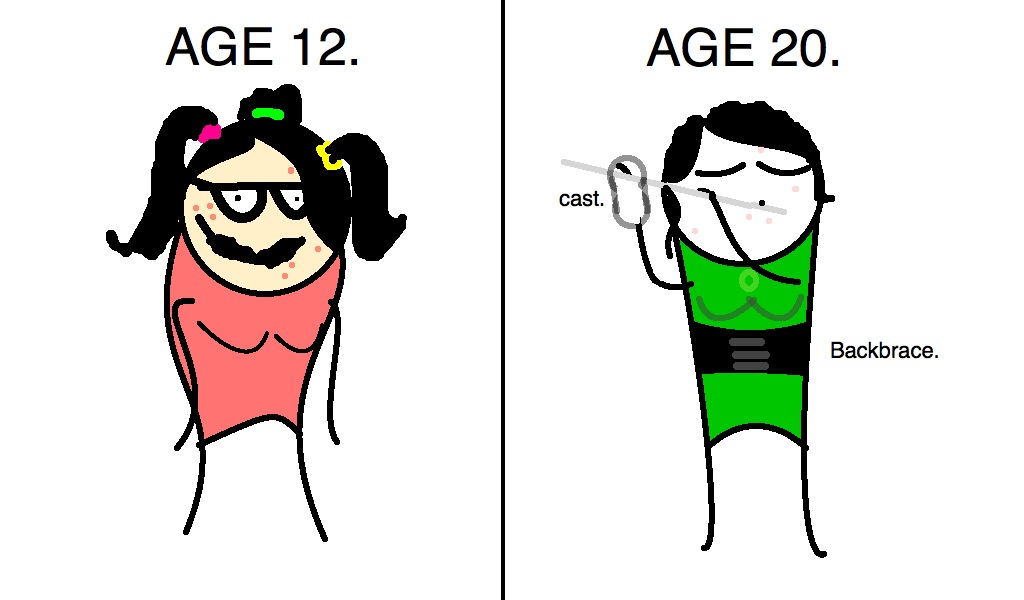

At the time we are too absorbed in the fetid detail of the moment to spot where it is leading us. Ken Michaels, retired manager of Visual Communications, Leidos Biomedical Research, is a special volunteer for NCI at Frederick.“Too often we only identify the crucial points in our lives in retrospect.

So it pays to be careful about our choice of words is it really a message, or simply “words, words, words”? If we’re really going to communicate effectively, we need to be mindful that every time we encode a message, someone whose idiolect is significantly different from our own may very possibly decode it in such a way as to get a different message entirely. This delightful term describes our unique language and speech pattern, as determined by what we learned when we were young, as well as by who’s around us, and includes our grammar, vocabulary, pronunciation of words, and even our accent.
#IN RETROSPECT SYNONYM HOW TO#
He explains prescriptive grammarians as those who focus on the way words ought to be used, and descriptive grammarians as those who are more concerned with the way they actually are used.Īrbesman asserts that every individual develops his or her own set of rules about how to use words, and that all of us-you, me, and everybody else-have our own personal idiolect. In his book “The Half-Life of Facts: Why Everything We Know Has an Expiration Date,” Samuel Arbesman 3 discusses the changes in language that occur over time, and the two camps that see this phenomenon differently. Still, learning the proper use of words, however arcane, can be useful, and if you like words themselves, even fun. Either that, or I’m prepared to add the definition for their benefit, in which case I might have just used the definition in the first place. It will do me no good to encode a message using a word like metonym, or heteronym, or tautonym, unless I’m certain that my listeners (or readers) are familiar with its meaning. The point of all of this has to do with precision in the use of our language. My use of the expression “a little ink” a couple of paragraphs back is also a metonym for written communication, even when no actual ink or writing on paper is involved. motion picture industry, while the Crown refers to royalty, and the bottle refers to alcohol. For example, Hollywood is a metonym used to mean the U.S. A metonym is a word that designates something by a word that is associated with it. In retrospect, I ought to have been able to logic it out, as “meta” means change. Do we really need a word to mean another word composed of two identical parts? If so, then tutu, pawpaw, yo-yo, and bye-bye are tautonyms.Ī couple of weeks back, my son asked me what is meant by a metonym.

One of the websites I visited recently 2 lists no fewer than 26 nym words, many of which are pretty arcane and of interest to relatively few. Sewer, then, is a heteronym.īut the lexicon of nym words by no means ends here. While homonyms have the same sound but different spellings (like pair and pear), heteronyms are spelled the same but have different meanings and, often, pronunciation: a person who sews is a sewer, but a repository for waste products is a sewer.

Homo means “same,” and hetero means “different.” Therefore, if there are homonyms, it stands to reason that there are also heteronyms. Some of the more frequently used nym words are synonym (means the same as) antonym (means the opposite of) homonym (has the same sound as) and acronym (a word derived from the first letters of a more complex term, such as SCUBA or AIDS). Words ending in nym describe classes of words. So I thought I’d devote a little ink to words themselves. In Hamlet’s case, he so disliked what he read that he described it elementally, as mere words, rather than a message. Surely the most common way of encoding a message is in choosing the most appropriate words for the listener or reader. I have previously described the communication model in which a sender encodes a message and then sends it via some channel (or medium) to a receiver, who decodes the message and, ideally, understands what was sent. In Shakepeare’s play “Hamlet,” Polonius inquires of the prince, “What do you read, my lord?” Not at all pleased with what he’s reading, Hamlet replies, “Words, words, words.” 1


 0 kommentar(er)
0 kommentar(er)
